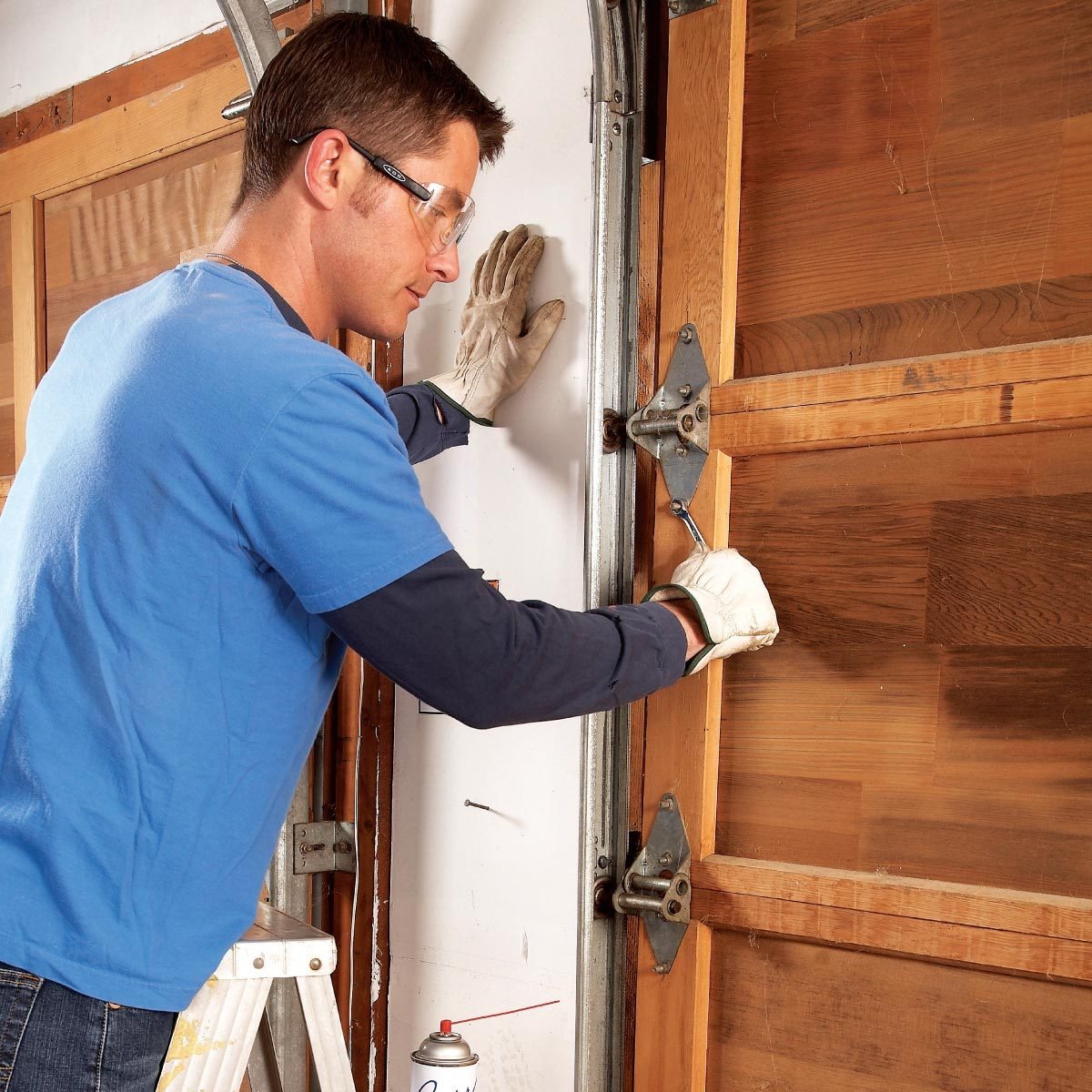How to Fix a Noisy Garage Door Before It Gets Worse
A noisy garage door might seem like a small inconvenience at first, but ignoring it can lead to much larger and more expensive problems. Those rattles, screeches, and grinding sounds are often early warning signs of wear and tear that, if left untreated, can compromise the functionality and safety of your entire garage door system.
Understanding what causes these noises and knowing how to fix them can help you avoid unexpected breakdowns, costly repairs, and even injury. Here’s a comprehensive guide to help homeowners identify the source of the problem and take action before it gets worse.
Common Causes of Noisy Garage Doors
Garage doors are made up of several moving parts that need to work in harmony. When one part begins to fail or is out of alignment, it can create a chain reaction of problems often starting with noise.
1. Loose Hardware
The most frequent culprit of a noisy garage door is loose nuts, bolts, and hinges. Over time, the repeated vibrations of the door opening and closing can loosen hardware, leading to rattling or banging sounds.
Solution: Inspect and tighten all visible bolts and screws with a socket wrench. Be cautious not to overtighten, especially on plastic components, as this can cause damage.
2. Worn Rollers
Rollers guide the garage door along the tracks. If they become worn out or cracked, they may create a grinding or squeaking noise as they move.
Solution: If the rollers are nylon and appear worn or cracked, they should be replaced. Metal rollers may only need lubrication unless they show significant wear.
3. Lack of Lubrication
Metal parts moving against each other without proper lubrication are bound to squeal or screech. This includes rollers, hinges, springs, and tracks.
Solution: Use a garage door-specific lubricant on all moving parts every six months. Avoid using grease, as it can collect dust and debris.
4. Misaligned Tracks
If the tracks on either side of your garage door become misaligned, the door may produce a loud grinding noise as it moves.
Solution: Inspect the tracks for gaps between the rollers and the rail. If misalignment is visible, it’s best to contact a professional to realign the tracks safely.
5. Worn Hinges or Bearings
Hinges and bearings help support the garage door panels and keep them moving smoothly. If these components wear down or seize up, they can emit clicking or squeaking sounds.
Solution: Lubricate hinges regularly and inspect for signs of wear. Replace any that are visibly cracked or bent.
When to Call a Professional
While basic maintenance and minor fixes can be done by most homeowners, certain garage door problems should always be handled by a trained technician. Issues with torsion springs, track realignment, and motor malfunctions are not DIY-friendly and can be dangerous.
If your garage door is making persistent noises despite your efforts, it’s time to call in experts. Garage door repair American Fork professionals can perform a full diagnostic and safely address the root cause of the noise.
Preventive Maintenance Tips
Preventing noise before it starts is the best approach to garage door care. Here are a few steps you can take to extend the life of your door and keep it running quietly:
Schedule Regular Inspections
Make it a habit to inspect your garage door monthly. Look for signs of wear, rust, or imbalance, and listen for any unusual sounds during operation.
Clean the Tracks
Debris and dirt can accumulate in the garage door tracks, causing friction and noise. Use a damp cloth to wipe down the tracks and remove buildup.
Balance the Door
An unbalanced door puts extra strain on components, especially the opener. You can check balance by disconnecting the opener and manually lifting the door halfway. If it doesn’t stay in place, the springs may need adjustment by a professional.
Replace Old Components
Garage doors don’t last forever. If your door is more than 10 years old and frequently noisy or unreliable, it may be time to upgrade certain parts or even replace the system.
READ MORE : How is Complete App Localization Important For Your Brand?
Benefits of Timely Garage Door Repairs
Ignoring a noisy garage door isn’t just a nuisanceit can affect your safety, security, and budget.
- Improved Safety: A malfunctioning door poses a hazard, especially if springs or cables are at risk of snapping.
- Extended Lifespan: Regular maintenance and repairs can extend the life of your garage door system.
- Energy Efficiency: A properly sealed and functioning door helps maintain consistent temperatures in your garage.
- Increased Property Value: A quiet, smooth-operating door adds curb appeal and shows that your home is well-maintained.
Choosing a trusted service for American Fork garage door repair ensures peace of mind, knowing the job is done correctly and safely.
Don’t Wait for the Problem to Get Worse
If you’re noticing a change in the sounds your garage door makes, don’t ignore it. Small noises can be a sign of bigger problems on the horizon. Addressing issues early on can save you from major repairs or even full replacement later. From tightening a few bolts to replacing worn rollers, taking proactive steps keeps your system running efficiently.
Still unsure where the noise is coming from or how to fix it? Don’t risk further damage. Professional technicians can quickly diagnose and resolve the problem, often during a single visit.
About Surefix Garage Doors
Surefix Garage Doors is your trusted local provider for expert garage door repair, installation, and maintenance services in American Fork and surrounding areas. With a reputation built on reliability, honesty, and quality workmanship, our team is committed to keeping your garage door functioning at its best. Whether you’re dealing with a noisy garage door, broken springs, faulty openers, or simply need a seasonal tune-up, we’re here to help. Visit our website at surefixgarage.com to learn more about our services and schedule your appointment today.

